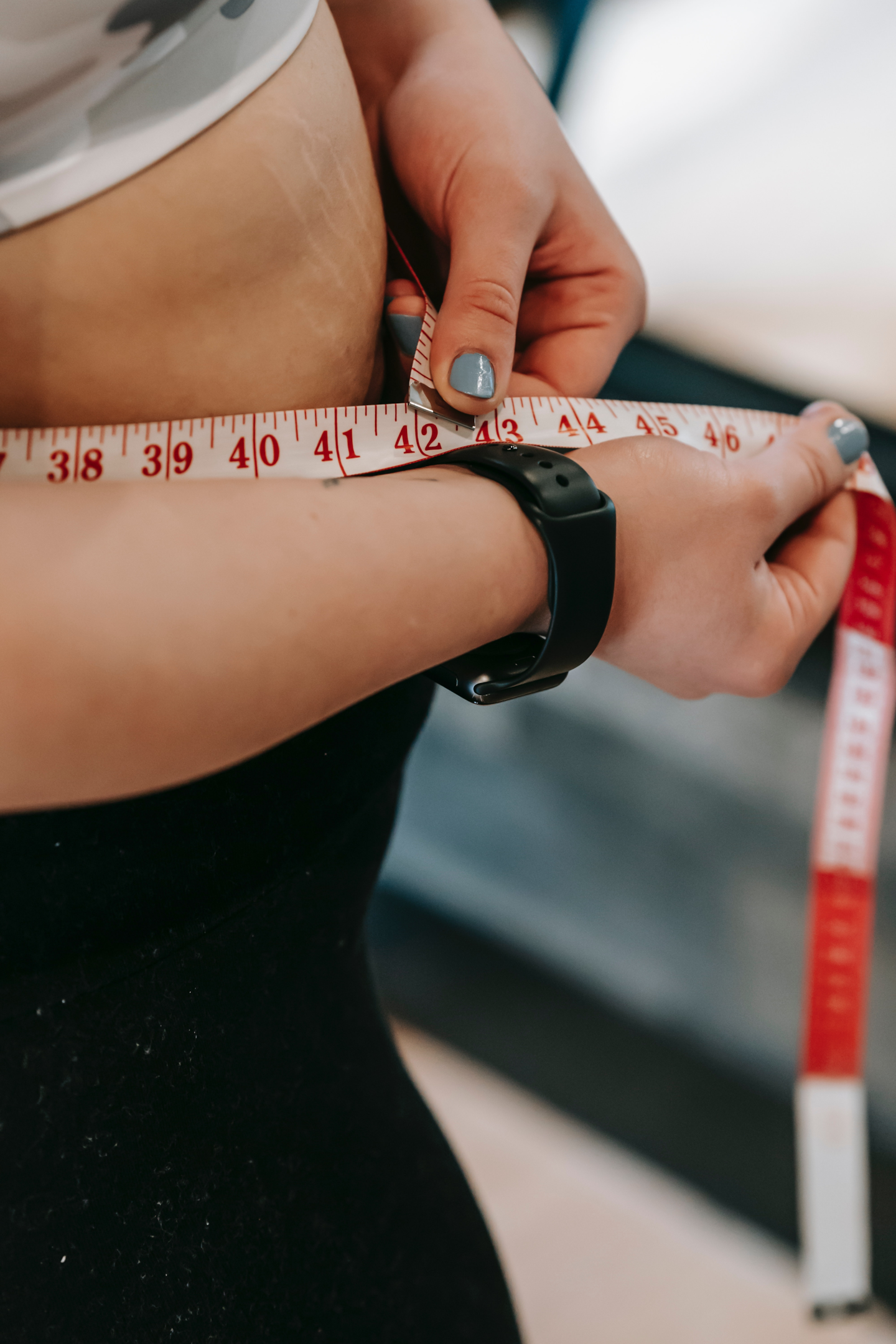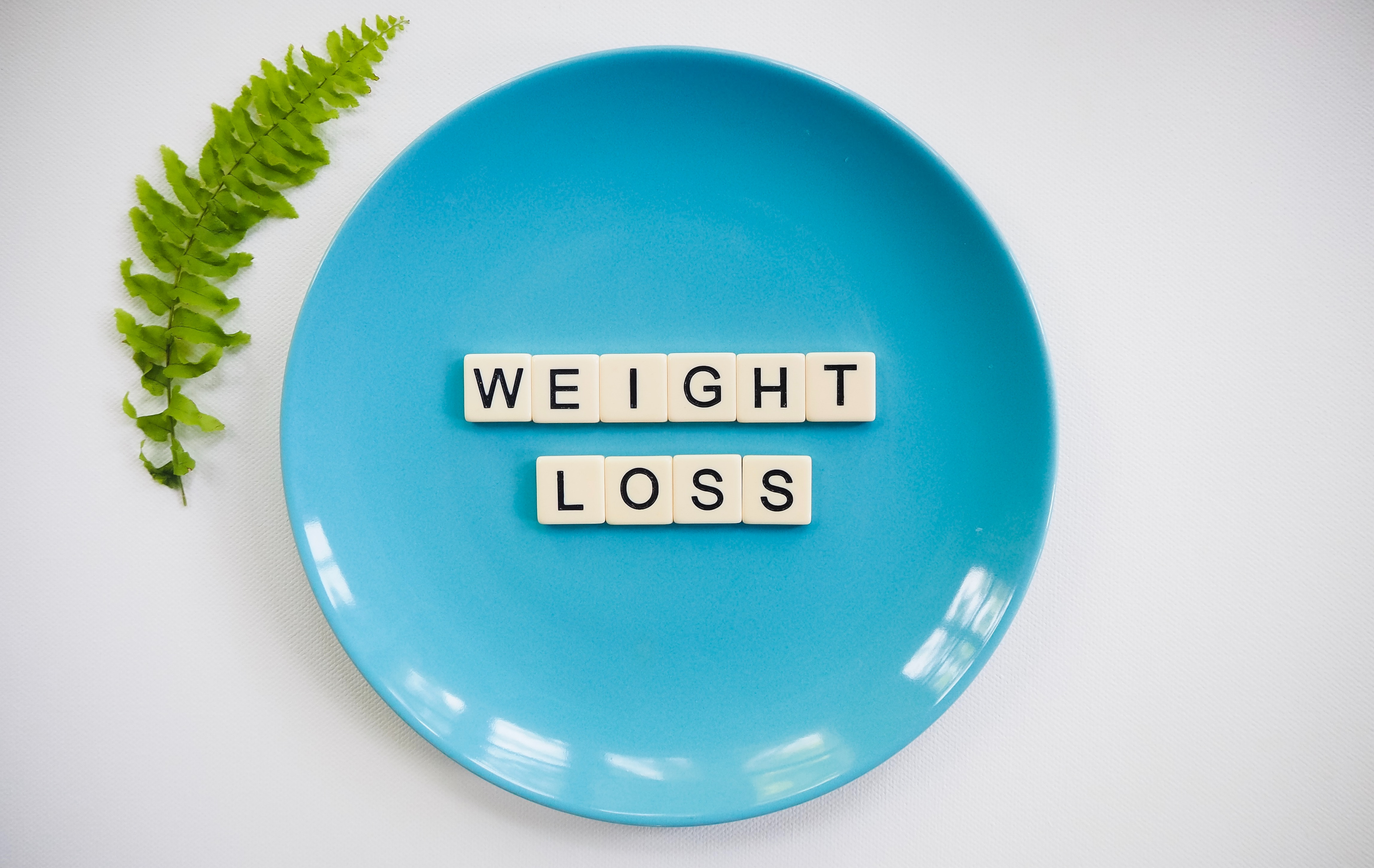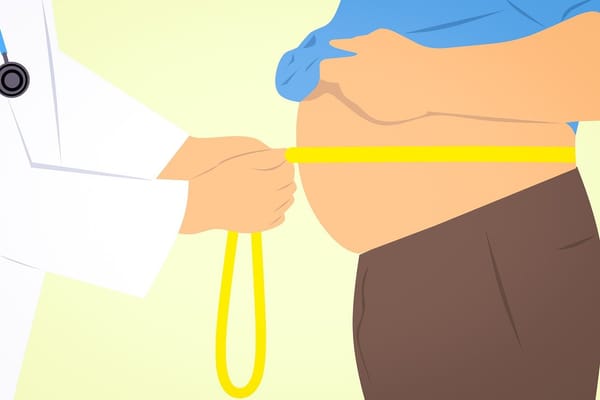Looking for a way to boost your weight loss efforts and level up your overall health?
Intermittent fasting (IF) is a great approach that within the last few years has become very popular for it's amazing benefits.

One method of IF that has gained traction is the 18/6 schedule. The 18/6 schedule involves fasting for 18 hours and having a six-hour window in which you can eat.
In this blog post, we’ll look at what intermittent fasting 18 6 entails, how it benefits you, and any potential pitfalls.
What is intermittent fasting 18/6?
Practicing intermittent fasting is an eating pattern that alternates between periods of fasting and periods of eating or time restricted eating.
During the 18/6 method, you have an 18 hour fast and have an eating window of six hours. For example; stop eating at 6PM then skip breakfast the next day and not consume your first meal until noon. This is the 18 6 intermittent fasting diet.
During the 18-hour fasting window, you can only consume calorie-free beverages like water, black coffee or tea.
You can add zero calorie sweetener like stevia or something similar. Watch out for sugar substitutes that can be unhealthy for you to consume.
During the 6-hour eating window, you should consume healthy, nutrient-dense foods that have all your essential nutrients to get the most out of your efforts.
Try to eat organic when you can. Great ideas include shopping at your local farmer's market for fresh organic fruits and veggies.
You can also try your local small farmers for fresh pasture-raised eggs and chicken, and lean protein like grass-fed beef.
How does it benefit weight loss and health?
Research has shown that intermittent fasting can provide numerous health benefits, such as improved insulin resistance, better metabolic health, increased muscle mass, decreased body mass index, and reduction in weight and body fat percentage.

The intermittent fasting diet and time restricted eating can help you lose weight because it helps you eat fewer calories while boosting your metabolism.
By reducing the time frame in which you consume calories, you can be more mindful, intentional, and satisfied with your food choices.
How will intermittent fasting work for you?
Potential benefits for people with health conditions: Always make sure to consult with your doctor before starting a new diet or exercise program.
- decreases high blood pressure
- Helps ease chronic diseases
- Improves metabolic syndrome
- Lower blood sugar
- Reduction in stored fat in the body
- More mental clarity and better mindset
What are some potential downfalls?
Intermittent fasting may not be safe for everyone, and it’s essential to talk to your healthcare provider before trying it especially if you have nutrient deficiencies or history of an eating disorder.
It’s also important to be aware of the potential side effects, such as headaches, irritability, dehydration, and fatigue - especially in the first few days of fasting. This is why hydration and proper sleep is key.

Tips and tricks for a successful intermittent fasting 18/6 schedule:
- Gradually increase the time in which you fast - instead of jumping straight in as your body adapts.
- Stay consistent - consistency is key when building a new habit.
- Plan your meals - plan out your meals ahead of time so that you don't get tempted or make poor food decisions. Having a solid eating plan ensures success!
- Stay hydrated - drink water because it's crucial, and it can help reduce hunger pangs.
Dr. Steve's Expert tips:
- When starting out and wanting to improve your health it's best to simply focus on "feeling good." When you are feeling good weight loss becomes more of a pleasure than a pain. Once weight loss begins it will give you the motivation to keep going!
- Make getting good sleep one of your top priorities: Shoot for between 7-9 hours of sleep per night without compromise.

- Stay hydrated: Drink plenty of clean filtered water or upgrade to electrolyte power for optimal hydration.
- Get up and move your body: walk, dance, lift, jumping jacks, jump rope. Whatever you have to do to move more during the day will help burn calories and get you to your health goals.
18 6 Intermittent Fasting FAQS:
How many calories to eat during intermittent fasting 18/6? The number of calories to consume may vary depending on individual factors such as age, gender, weight, and activity level.
It is recommended to calculate your calorie needs during the feeding window based on your individual needs. An easy way to stay on track with your calorie goal is meal prepping.
Generally, the calorie intake during the feeding window should be the same as your regular caloric intake, so that you can maintain a healthy weight and receive proper nutrition during the feeding period.
What can I have while intermittent fasting 18:6?
You can have a variety of nutritious foods to ensure you meet your daily calorie and nutrient needs.
Some healthy food options to consume during the 6-hour feeding window include lean proteins like pasture-raised chicken, turkey, fish, grass-fed beef or steak. complex carbohydrates such as whole grains, fruits, and vegetables, and healthy fats such as avocado, nuts, and seeds. This will make sure you are getting all your nutritional needs.

It is also important to stay hydrated by drinking plenty of water, herbal teas, and other non-caloric beverages. Depending on personal preferences and dietary restrictions, there are many foods that can be consumed during the feeding window of an intermittent fasting plan.
Is 18/6 intermittent fasting better than 16/8?
Both 18/6 and 16/8 are popular and effective forms of intermittent fasting, and which one is better depends on a person's individual needs and preferences.
The main difference between the two methods is the duration of the fasting period. With 18/6, there is a longer fasting period and a shorter feeding window, while with 16/8, the fasting period is shorter and the feeding window is longer.
Research suggests that both methods have similar benefits to improving metabolic health, insulin sensitivity, and weight loss. Choosing between the two may depend on factors such as work schedules, personal preferences, and lifestyle habits.
How fast can you lose weight on intermittent fasting 18:6?
The amount of weight loss during intermittent fasting with an 18:6 cycle can vary greatly depending on individual factors such as age, gender, starting weight, and activity level.
However, studies have shown that individuals who follow an intermittent fasting plan can lose an average of 0.5-1.5 pounds per week, or up to 7-9 pounds per month.

It's important to keep in mind that weight loss is influenced by many factors, and a healthy and sustainable weight loss goal is typically 1-2 pounds per week.
Additionally, weight loss should not be the only focus of an intermittent fasting plan, as it is a lifestyle change that can bring about many health benefits, such as improved insulin sensitivity, reduced inflammation, and increased energy levels.
Can I exercise while on this fasting plan?
Yes, you can. There are many benefits to working out while fasted so read this blog post "Intermittent Fasting and Exercise - Unlocking Health and Wellness" to get the full details.
Final Thoughts:
While intermittent fasting 18/6 is not right for everyone, for those who are willing to commit to it can experience significant health benefits, including weight loss, fat loss, improved brain function, and improved blood sugar.
It’s essential to remember to start gradually and seek guidance from your healthcare provider before trying it for long-term weight loss and overall health improvement.
Remember, consistency is key, and make sure healthy food choices are the staple of your diet during your eating period.









